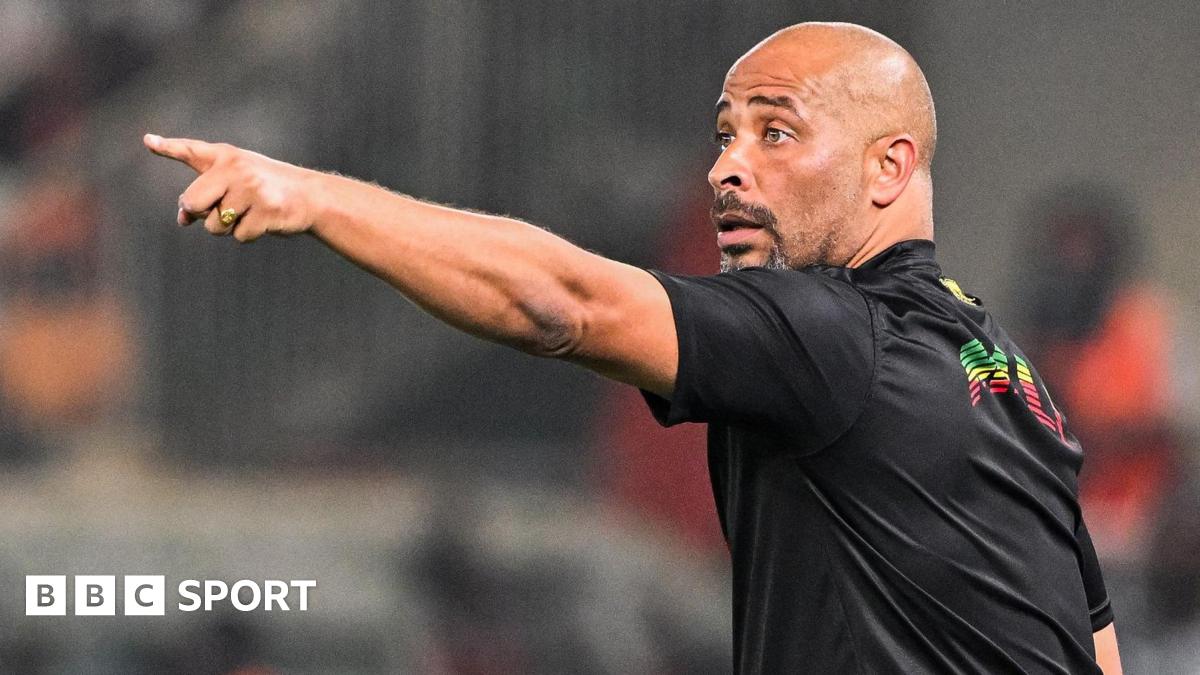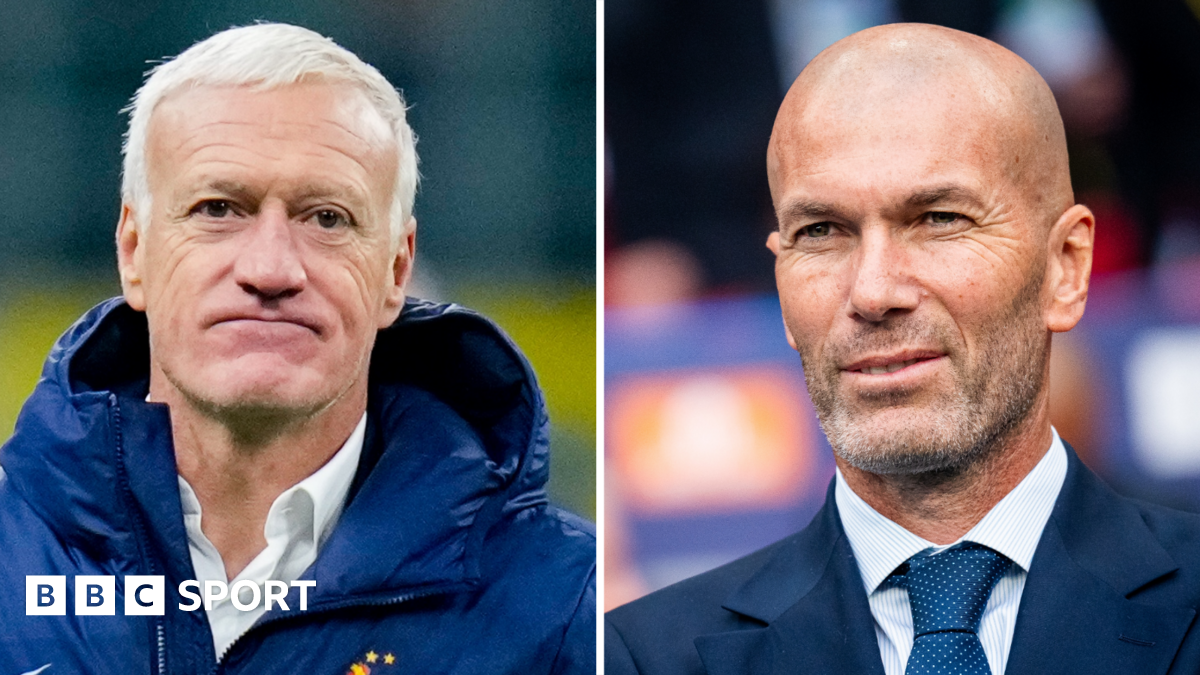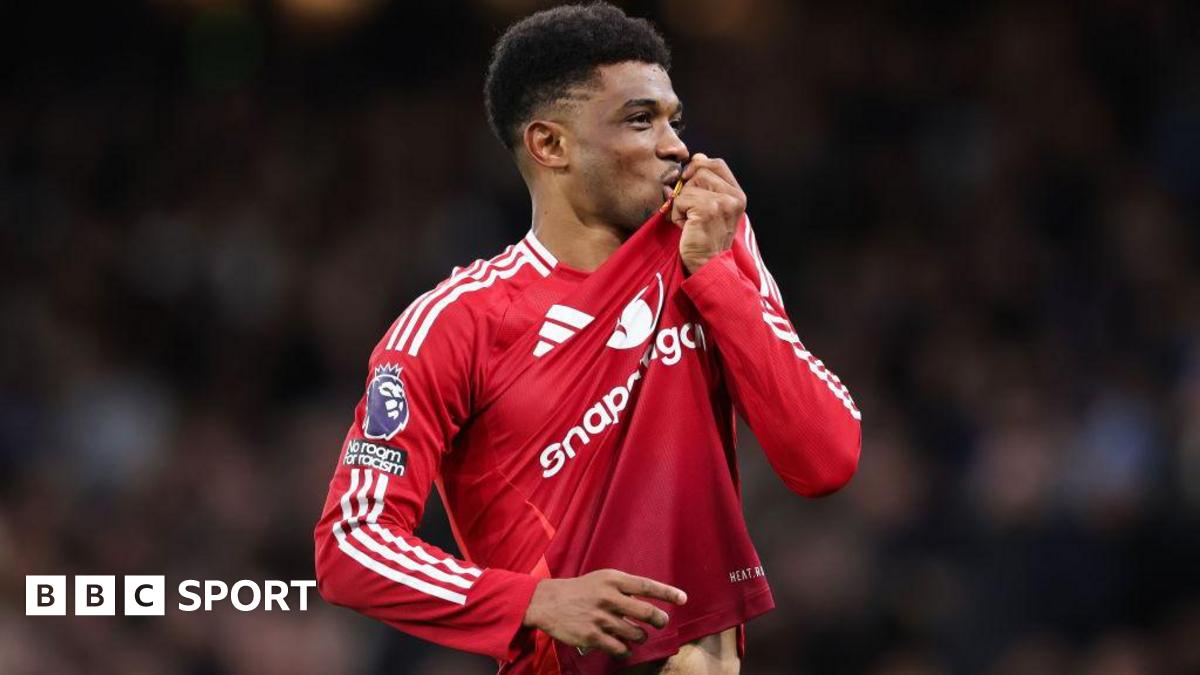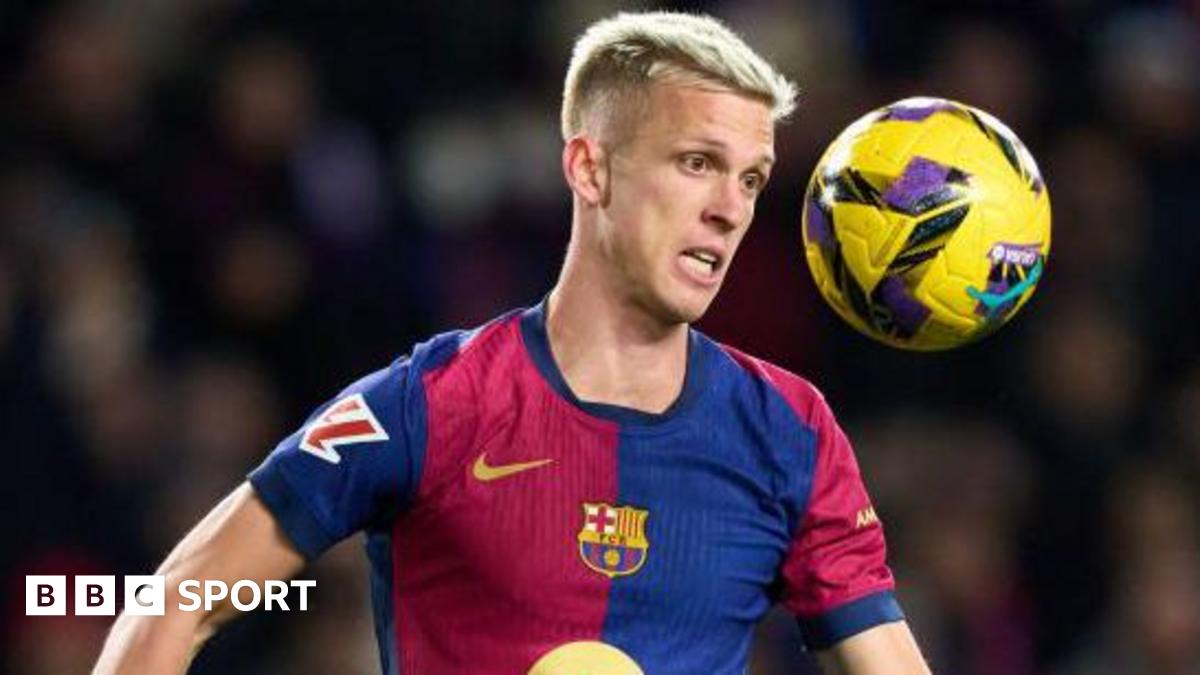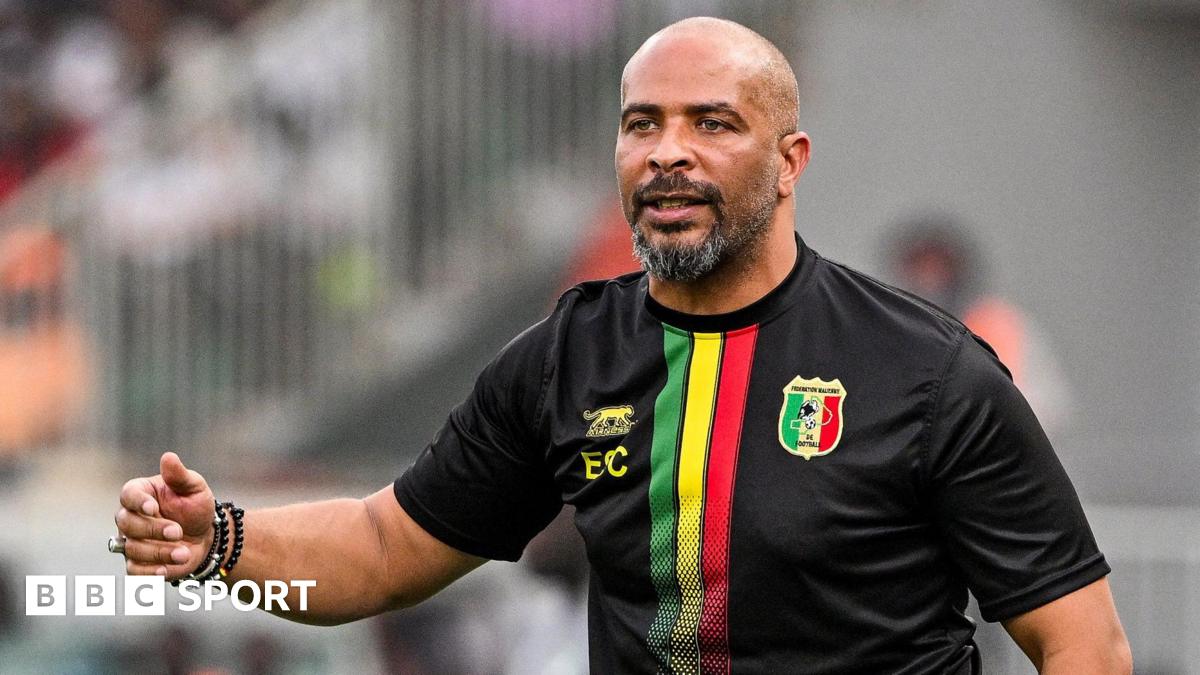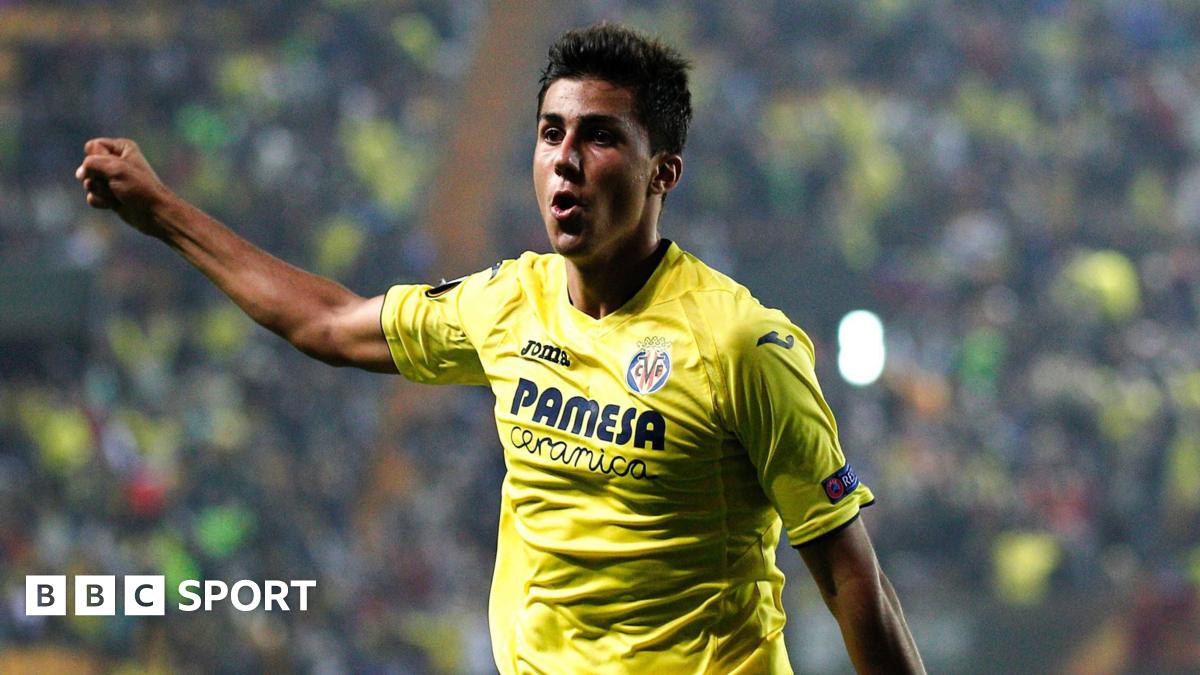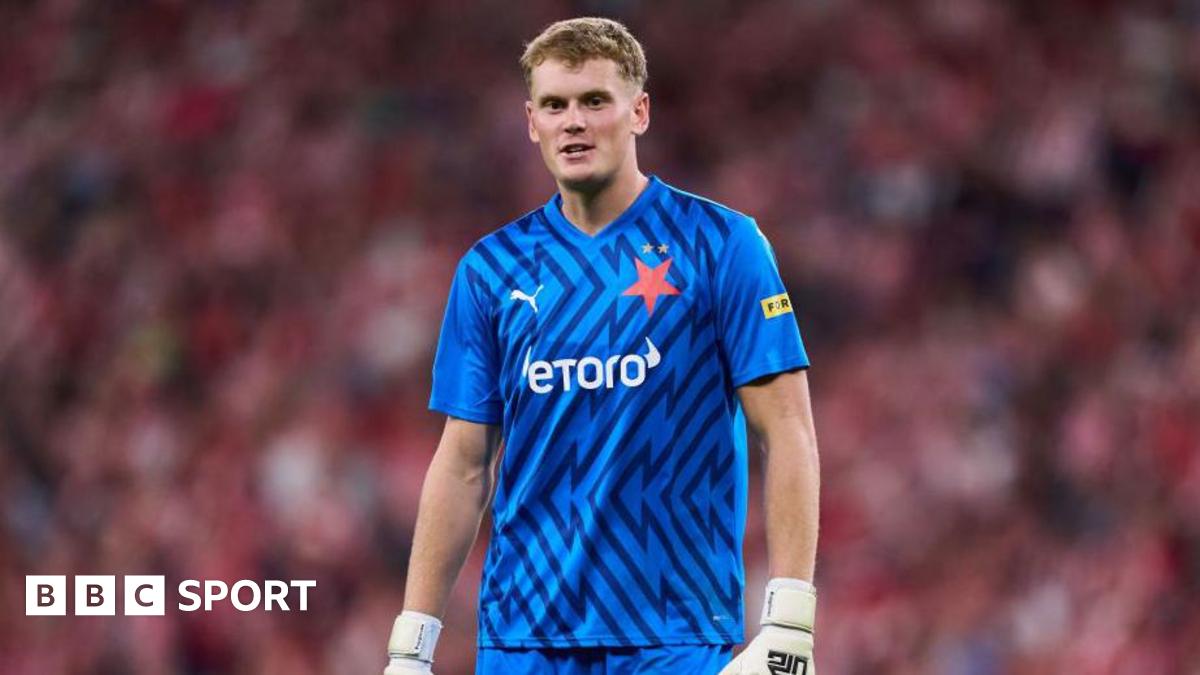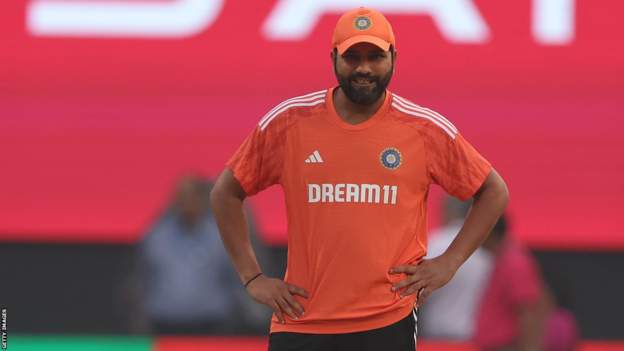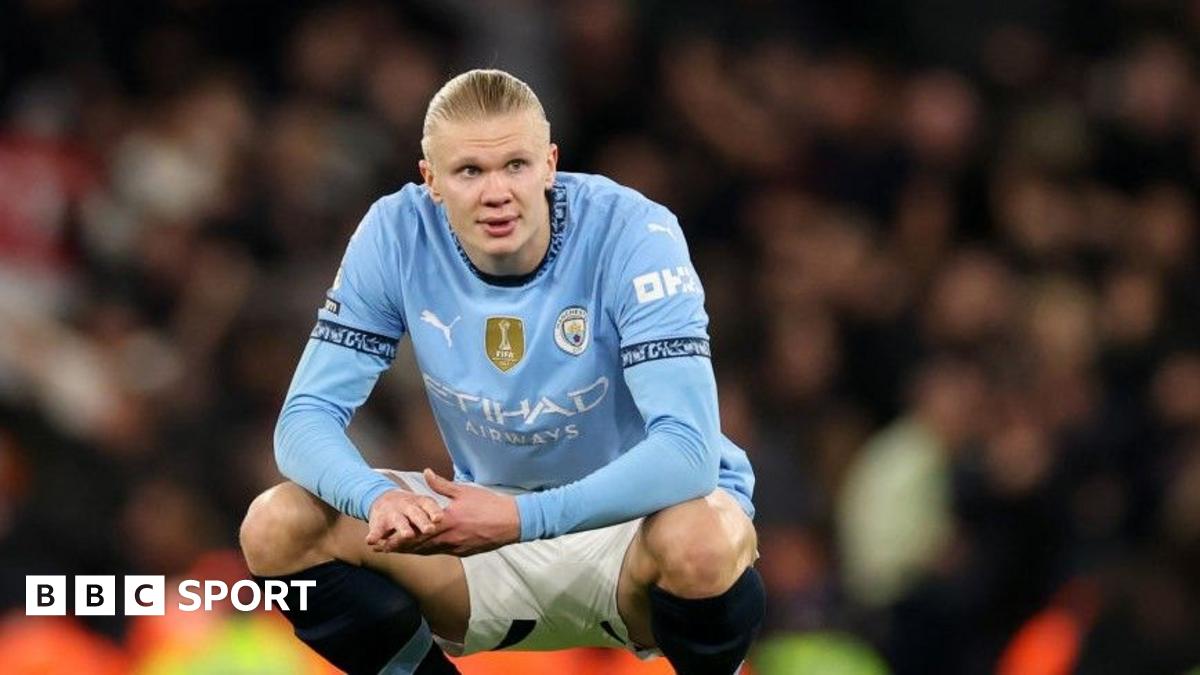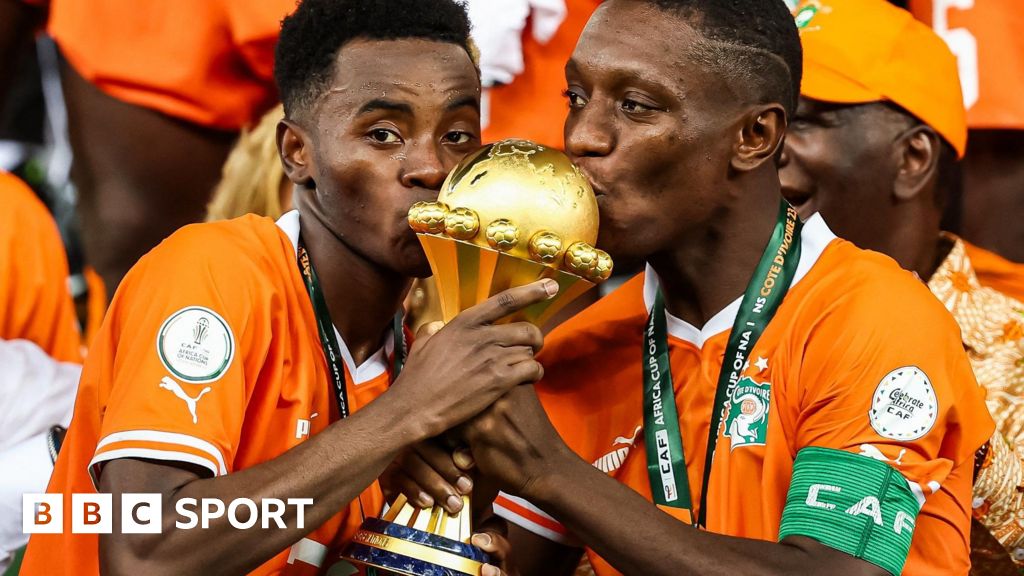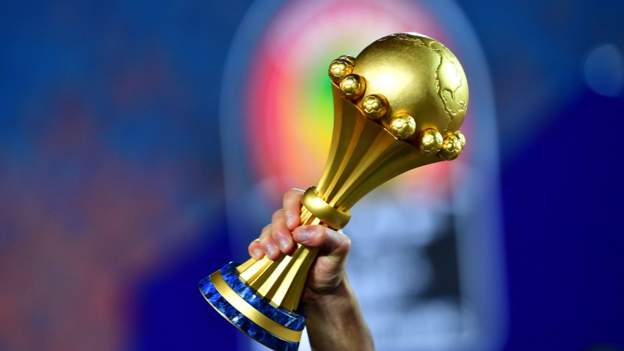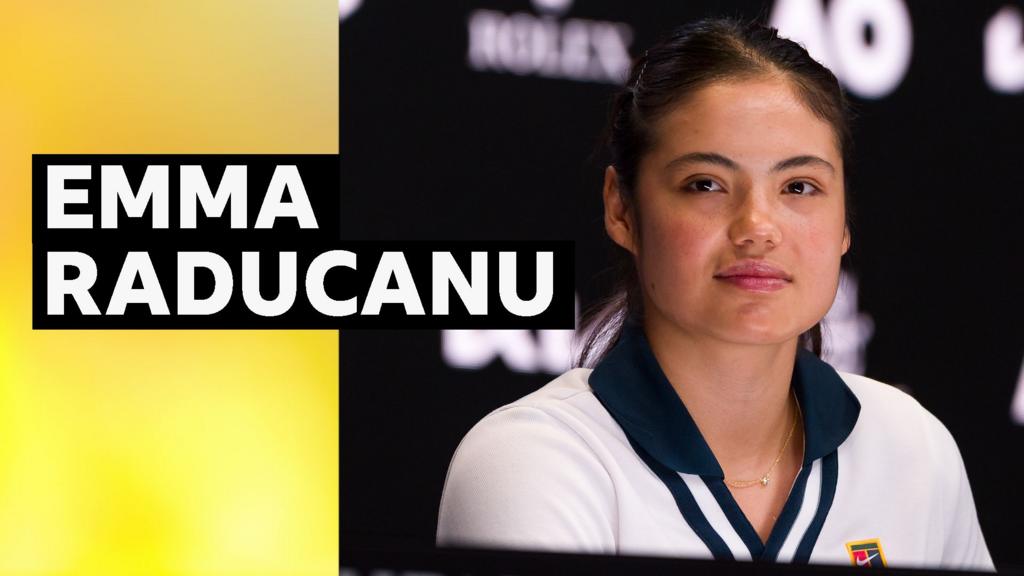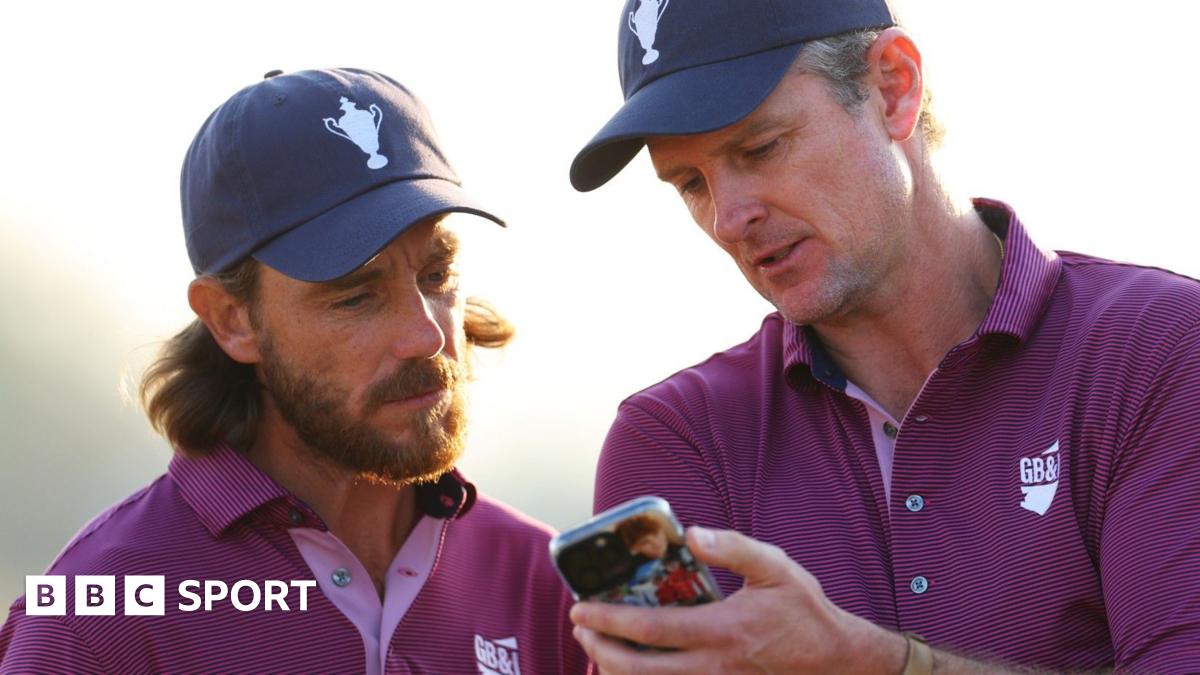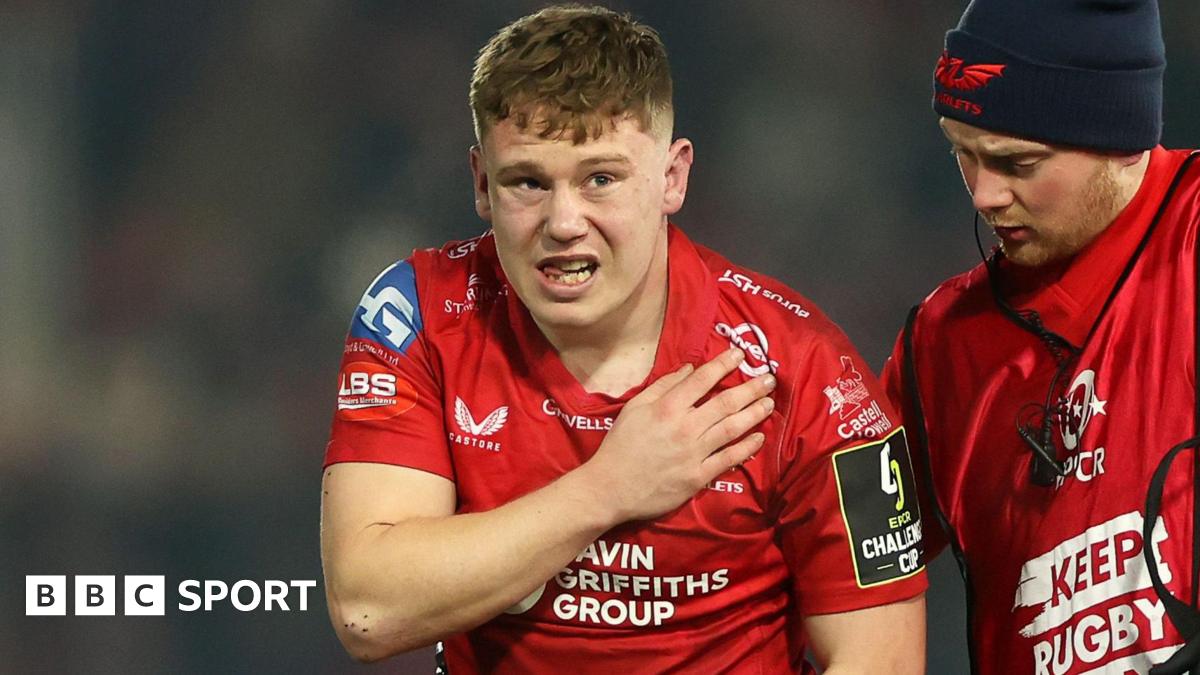| Venue: Wankhede Stadium, Mumbai Date: Wednesday, 15 November Time: 08:30 GMT |
| Coverage: Live Test Match Special radio and text commentary on every match on BBC Radio 5 Sports Extra & BBC Sport website, plus desktop, tablets, mobiles and app |
As Mumbai settles after Sunday’s Diwali celebrations and the two days of holiday that followed, another occasion looms.
It was on these streets, in the square mile between Marine Drive on the Arabian Sea to the Gateway of India on the western side of the Mumbai peninsula, that thousands celebrated India’s World Cup win in 2011.
That victory at Wankhede Stadium was sealed by a six into the crowd from captain MS Dhoni and a special seat now marks the spot where the ball landed.
It has been a long 12 years for India since, but victory against New Zealand in the semi-final back at the same ground on Wednesday would take them to the brink.
Across formats there have been seven men’s World Cups since India’s last triumph – far too many for cricket’s greatest superpower.
This year’s edition is the one they have marked as the best chance to put that right.
So far on their travels around the country, India have swung from an unstoppable machine to cricket’s Harlem Globetrotters during their nine wins from nine.
They have swatted teams aside while finding time to also chase individual milestones, backed by an ear-splitting wave of blue.
New Zealand probably provided the sternest test in the group stage, but were still beaten by four wickets with relative ease.
Virat Kohli bowling off the wrong foot against the Netherlands, with fellow batters Rohit Sharma, Shubman Gill and Suryakumar Yadav also sending down overs, gave the match the feel of a charity fun day at your local club.
After four games India lost to injury Hardik Pandya, the all-rounder who was supposed to make the whole thing tick, only to get better by replacing him with irresistible seamer Mohammed Shami, who has 16 wickets in five matches.
Four of their top five have made centuries while the other, Gill, has a top score of 92.
They were going to be overwhelming favourites regardless of who they met in the semi-finals.
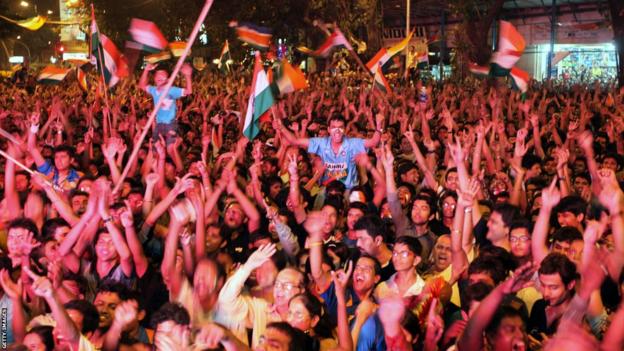
Prior to the tournament, India played more one-day internationals in this four-year cycle than anyone else and the result is a team fine-tuned in the format, as England were four years ago.
Like England, they have made the most of home conditions and taken advantage of the schedule they put in place.
Their biggest rivals in a 130,000-seater cauldron, the defending champions on a three-day turnaround, the two semi-final venues in their final three group games and a qualifier saved for last in case a net run-rate boost was needed.
Despite all that, speak to the man or woman in the street, a taxi driver or the staff in a restaurant and there is not the gushing confidence you might expect.
Perhaps they don’t want to jinx it. But this is also a country that has suffered in these knockout matches in recent years.
There was the annihilation in Adelaide, the West Indies whirlwind in 2016, a subsidence in Sydney against the hosts a year earlier and, of course, misery against the Black Caps in the Manchester rain – four consecutive semi-final defeats to this point.
There was no escaping the issue for captain Sharma in Tuesday’s media conference.
“Obviously, in the back of your mind, you know what has happened in the past,” he said.
“But what has happened in the past is the past. What you can do today, what you can do tomorrow is what we usually talk about.”
One homemade sign, held aloft in Kolkata, probably explained the India fans’ feelings best.
“My heart isn’t ready for the same thing again,” it read.
For Kohli this World Cup is the chance to tick a final box as he cements his legacy.
He was part of the triumphant 2011 squad and carried his hero Sachin Tendulkar on his shoulders around the outfield in Mumbai.
That win was Tendulkar’s crowning glory.
With 594 runs, two centuries and an average of 99 to his name already in this tournament, victory in Ahmedabad in the final on Sunday would be Kohli’s – a second World Cup crown, but this time one he has dominated.
For Rohit, victory against New Zealand would give him a shot at something Kohli failed to achieve as skipper, having played his career in his team-mate’s shadow.
New Zealand, meanwhile, are almost the antithesis of India – a small country who continually punch above their weight, having lost in the past two finals of this competition.
“When you get to finals, things sort of start again,” said captain Kane Williamson.
The Black Caps have repeatedly sprung surprises.
Still, it feels like only the weight of history can stop India now.


